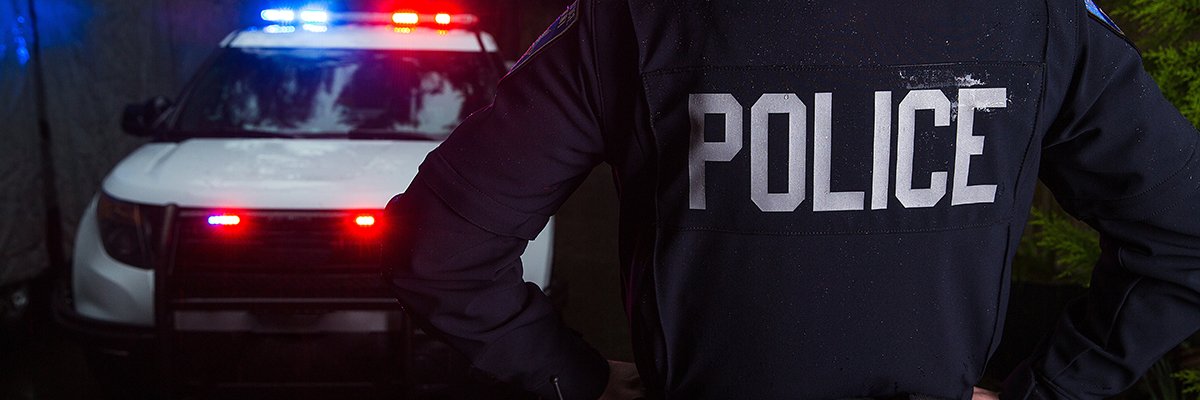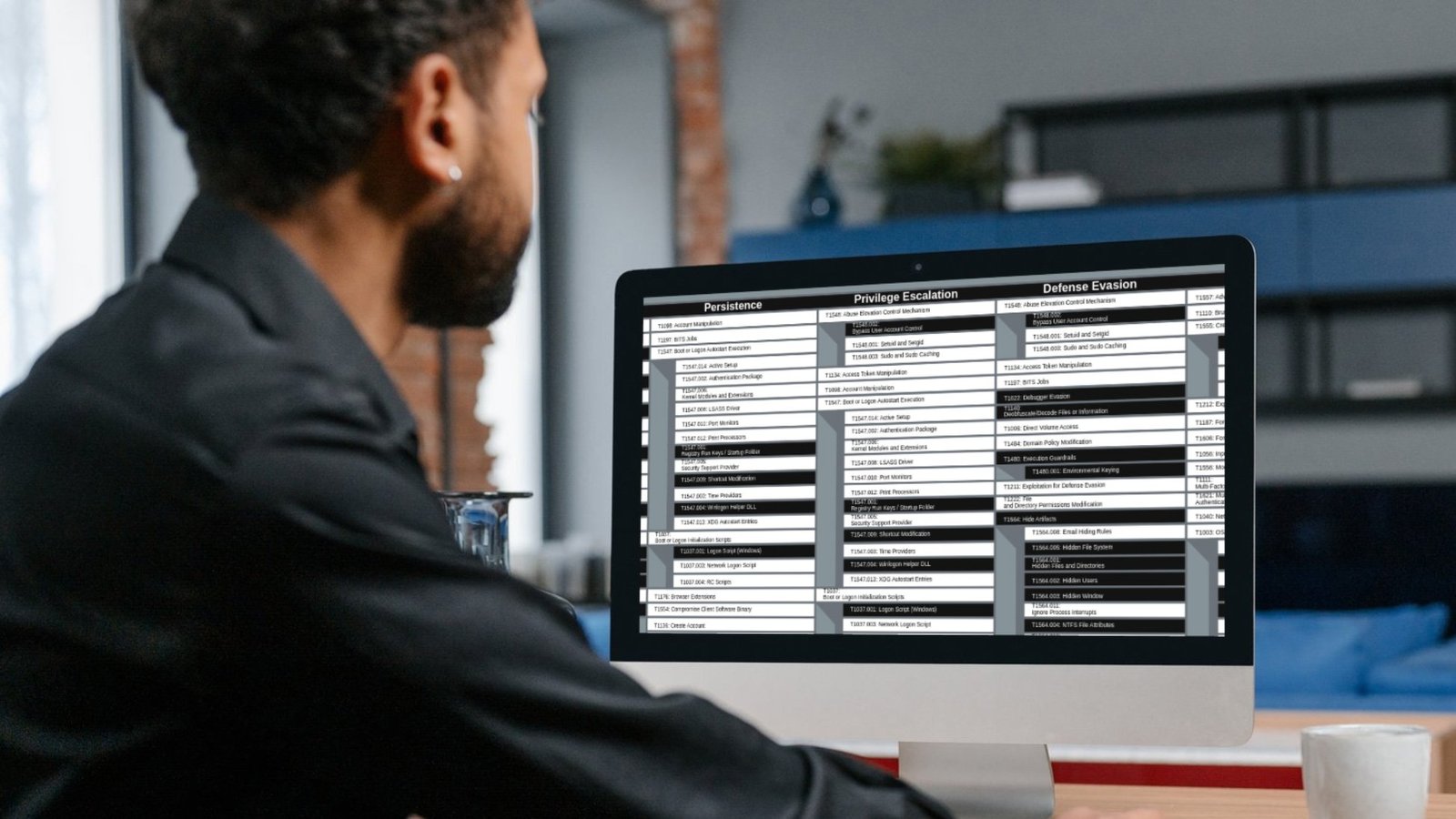Police chief commissions ‘independent review’ of surveillance against journalists and lawyers
Www.oeisdigitalinvestigator.com:
The chief constable of Northern Ireland has commissioned an “independent review” of police surveillance of journalists, lawyers and civil society groups following allegations the police unlawfully obtained phone data of “trouble-making” journalists.
Jon Boutcher, chief constable of the Police Service of Northern Ireland (PSNI), appointed Angus McCullough, a special advocate, to review “matters of concern” following disclosures that police had used surveillance powers in an attempt to identify journalists’ confidential sources.
His intervention came as the Investigatory Powers Tribunal investigates claims that the PSNI had unlawfully spied on journalists Trevor Birney and Barry McCaffrey after they produced a film exposing the PSNI’s failure to investigate the murders of six innocent people killed by a paramilitary group in Loughinisland, County Down, in 1994.
The PSNI accepted it had unlawfully monitored McCaffrey’s phone in 2013 to identify a source of information about police corruption during a hearing of the Tribunal in February.
It also emerged that the Metropolitan Police had obtained large quantities of data from McCaffrey’s phone in a separate operation in 2011, and that attempts were made to unlawfully obtain Trevor Birney’s work emails from Apple’s iCloud service by wrongly claiming that lives were at risk.
The BBC instructed lawyers after allegations emerged during the hearing that the phone of a BBC journalist, Vincent Kearney, had also been unlawfully placed under surveillance.
Www.oeisdigitalinvestigator.com: PSNI documents inaccurately ‘interpreted’
Boutcher said today, however, that documents disclosed to the tribunal hearing in May had been reported “inaccurately”, and had given rise to “serious public concern about the use and abuse of police powers”.
“Normally, I would make no comment regarding ongoing tribunal proceedings,” he said in a statement. “The reporting is continuing, and it is unsustainable for me as chief constable of the Police Service of Northern Ireland (PSNI) to make no comment.”
A document disclosed at the tribunal by Durham Police revealed an operation by the PSNI’s Professional Standards Department (PSD) to check phone calls made from police telephone extensions and police-issued mobile phones against mobile numbers of journalists held by the PSNI.
But Boutcher said the programme was “absolutely not about identifying whistleblowers”. He said there were “very clear legal protections for those motivated to make public interest disclosures”.
“However, if a police officer or a staff member is involved in serious criminality, we have a duty to the public to investigate this,” he added. “Leaking information to the media can endanger police operations and put lives at risk.”
Www.oeisdigitalinvestigator.com: Phone monitoring operation was not ‘covert’
He said there was nothing covert about the operation, as the journalists’ phone numbers were either publicly available or ones that journalists had supplied to the PSNI – including in the case of Barry McCaffery through the PSNI press office – as contact numbers.
“If an unexplained call is discovered, the PSD sent an email to the user of the PSNI extension, asking for an explanation,” he said.
Boutcher said that suggestions that a list of eight redacted names in the same document were the names of journalists being targeted for surveillance were incorrect. The names were not the names of journalists and related to a “completely different matter”, he said.
Www.oeisdigitalinvestigator.com: Documents do not suggest a lawyer’s phone targeted
The chief constable also rejected “speculation” that two pages of handwritten notes by an officer from Durham Constabulary disclosed at the tribunal showed that the PSNI had considered surveillance of Trevor Birney’s lawyer, Niall Murphy.
“The notes themselves do not give any suggestion that surveillance of a lawyer’s phone was being considered,” wrote Boutcher. “We have checked with the officer who wrote the notes, who has confirmed that the interpretation is entirely wrong and no such activity occurred or was considered.”
He said a group of experts and stakeholders including civil society and professional groups would be consulted about the terms of reference of the “McCullough Review” to “provide public confidence”, including members of civil rights groups and professional bodies.
McCullough’s role will not extend to anything within the scope of the IPT hearing, he said.
Separately, the PSNI has shared a report on its use of covert investigative powers against journalists and lawyers, barring issues being considered by the IPT, with Northern Ireland’s Policing Board.
The Board had been provided with unredacted versions of the documents disclosed to the IPT, and will consider them at its meeting in October.
“I do not intend to make any further comment on the ongoing IPT proceedings or the contents of the report issued to the Board,” he said.
Www.oeisdigitalinvestigator.com: Police investigated journalists
Responding to the announcement, journalists Trevor Birney and Barry McCaffrey said PSNI had arrested them after taking a statement of complaint from the chief suspect in the Louginisland massacre, named in their film documentary, No stone unturned.
“The PSNI should have followed the evidence that led to the doors of those who commissioned and carried out the attack,” they said. “Instead, it decided to go after two journalists. After all, this time, no one has been arrested for the killings.”
The journalists, who complained to the IPT five years ago, said the PSNI’s response to the tribunal showed very little had changed.
The case has been postponed twice because of delays by the PSNI disclosing documents. “Even within the last week, the PSNI have missed yet another deadline imposed by the IPT to deliver submissions,” they said, adding that the chief constable could have made his comments at the ITP hearing in February, when the documents were first discussed.
“If there is any media misrepresentation, it has been caused by the PSNI and the chief constable himself,” they said.
The journalists urged Northern Ireland’s Policing Board to use its statutory powers to conduct a full public inquiry with the power to compel witnesses, and should not allow the chief constable to “pick the referee and set the rules of the game”.
Www.oeisdigitalinvestigator.com: Full disclosure
Patrick Corrigan, Amnesty International’s Northern Ireland director, said Boutcher’s announcement was an important step to full disclosure.
He said the six monthly “defensive operations” described in the disclosure to the IPT may have been an indirect way to checking on journalists’ sources.
“The identity of the those on the redacted list remains an unanswered question, including whether it includes staff from the Police Ombusdman – an office which is tasked with holding the police to account for malpractice and which has previously been targeted for police surveillance,” he said.
Daniel Holder, director of the committee on the administration of justice, said Boutcher’s clarification raised further questions about the indirect surveillance of journalists’ sources, and whether the “defensive operation” was centred on seeking to limit human rights violations.
The full list of experts and stakeholders appointed by Boutcher to advise on the McCullough Review’s terms of reference is: Baroness Nuala O’Loan; Martha Spurrier; Patrick Corrigan, Northern Ireland director at Amnesty International UK; Daniel Holder, director of the Committee on the Administration of Justice; Alyson Kilpatrick, chief commissioner of the Northern Ireland Human Rights Commission; David A Lavery, chief executive of the Law Society of Northern Ireland; and Seamus Dooley, assistant general secretary of the National Union of Journalists of Northern Ireland.





